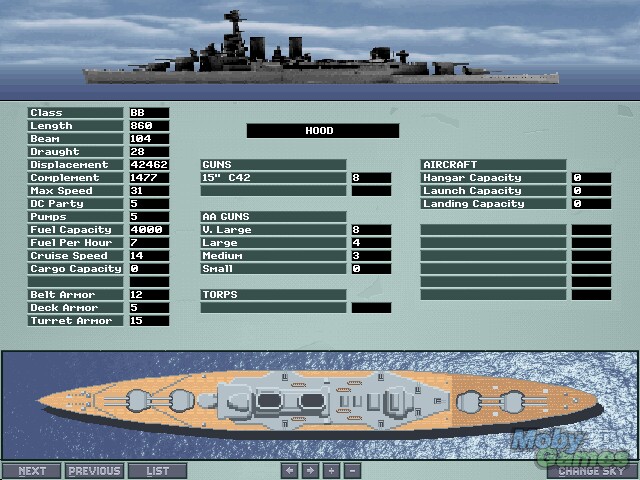


This is why context has a great role in the narration of many battles here discussed, to the point that in a few cases the background narrative covers more than the actual battle (an example could be chapter 6, the battle of Corcyra: pp. Alternatively, a fleet was not just used to fight other fleets but would also be used in conjunction with land forces” (p. They were usually part of a larger campaign. “… naval engagements were rarely solitary affairs. The introduction ends with a notice on the selection of the ‘great’ battles and the choice of ancient historiographical sources: as Rees warns the reader, The basics of naval tactics are sketched lastly: diagrams help visualize the principal manoeuvres such as the diekplous and periplous. The development of the trireme is first introduced, comparing the different types of military vessel throughout Greek history particular attention is then given to the composition of the crews. The Introduction-brief but thorough-is most interesting: it presents the main features of Greek naval warfare. A chapter is dedicated to each battle, and each account is subdivided into four sections: Background, Forces, Battle, Aftermath. Each part begins with an overview of the political and military background and presents the naval battles. the first decade of the 4th century (Part 4). These battles are presented in chronological order and are grouped into four blocks corresponding to the main major conflicts of the time: the Persian wars (Part 1) the Archidamian war (Part 2) the Ionian war (Part 3) the “Turning of the tide”, i.e. The bulk of the work is the narrative of 13 individual naval battles involving Greek fleets in the 5th and 4th centuries BCE. In the narrative structure of the book Rees recapitulates, with naval engagement after naval engagement, the whole course of Greek military and political history, from the beginning of the 5th century BCE to the first decade of the 4th century. As stated in the introduction, the aim of the book is “to bring the multitude of naval engagements, which pervade the ancient sources, into a broader modern awareness” (p. It is thus more than welcome that Owen Rees has decided to develop what was originally a section of his previous book, Great Battles of the Classical Greek World, into a work entirely consecrated to naval battles. Naval warfare has always had to cope with the popularity of land warfare both in the general public interest and in academic studies and this is even truer in the case of classical studies.


 0 kommentar(er)
0 kommentar(er)
